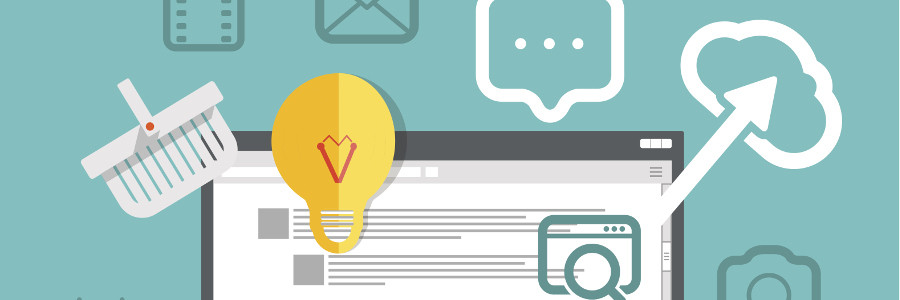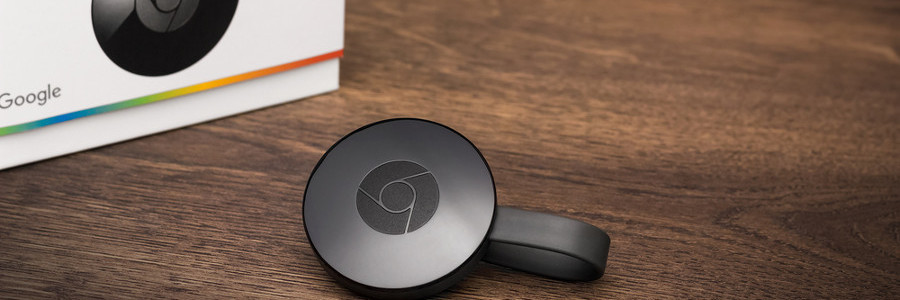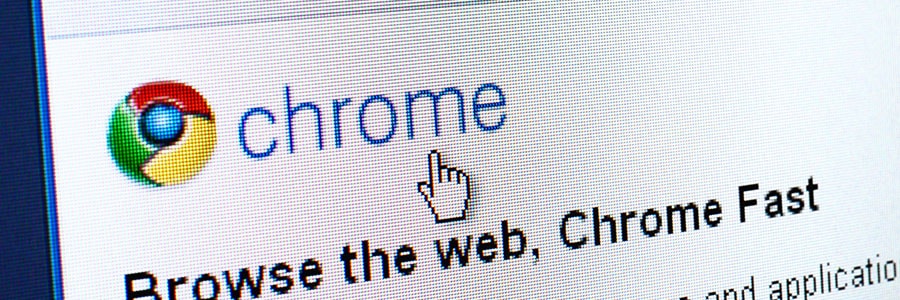If you’re getting targeted with surprisingly relevant ads, there’s a chance your internet activity is being tracked and analyzed by market researchers. While this doesn’t bother most people, private browsing mode can offer you some protection against online marketers and would-be data thieves.
Does private browsing secure your data?
HTTPS is something to care about

For all the time we spend discussing the complexity of internet security, there are a few simple things you can do. Avoiding websites that aren’t secured with the HTTPS protocol is one of them. It’s a habit that can be developed with a better understanding of what the padlock icon in your web browser’s address bar represents.
Hardware flaws affect browser security

In the first week of 2018, security researchers announced that modern computer processors have a fundamental flaw called Spectre. If exploited, hackers could gain access to systems that store confidential information. And the most vulnerable to these attacks are outdated web browsers like Chrome, Safari, Microsoft Edge, and Firefox.
What’s new with the Chrome Cleanup tool?
How good is your web browser’s security?

Recently, an unprecedented strain of ransomware known as “WannaCry” infected hundreds of thousands of computers across the globe. This horrible campaign has forced small businesses to revisit the security of their IT infrastructure. It’s a complicated endeavor, but reevaluating your web browsers is a quick and easy place to start.
3 great upgrades to Chrome this month
Which web browser is best for you?

The web browser battle has been raging for decades. The feud between Internet Explorer and Netscape has long since passed, and now we’re dealing with a much larger field of competition. Today, there are at least four browsers vying for domination, and we’ve broken down each one by its pros and cons.
Why HTML5 leads the charge for Chrome

Most people are familiar with the problems associated with loading a Flash-based page, from slower loading times to page crashes that require restarting the browser altogether. Now, Google has announced that its browser will disable Flash and initiate an HTML5 default that will eventually trickle down to every Chrome user.
Google Cast becomes native to Chrome

Google’s Chromecast device has been around for a few years now. The simple and inexpensive flash-drive-sized screen broadcaster has earned itself a faithful following, but it’s not stopping there. With the newest update, you might even be able to ‘cast’ your desktop or mobile screen to a nearby device before the end of this article.
Why pair Android phone with Google Chrome?

What’s ice cream without syrup? What’s cocoa without marshmallows? What’s a computer without an Android phone and Google Chrome working hand in hand? The last analogy might sound less decadent and be a little harder to picture than the rest. That’s exactly why you should allow these five following benefits that every Android phone and Chrome combo brings to your computer to fill in the blanks:
Before getting started, you must make sure that Google Now is activated on your Android phone and the same account must be logged in for both the phone and for Chrome.



